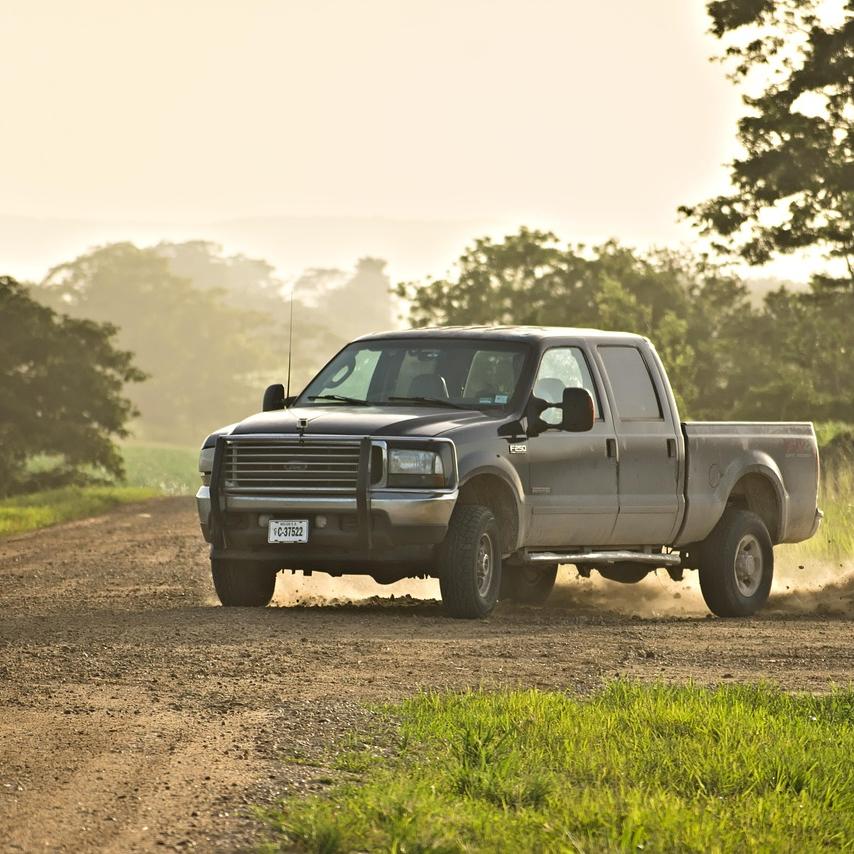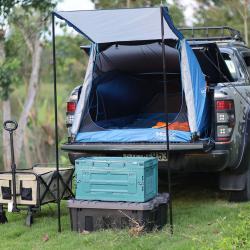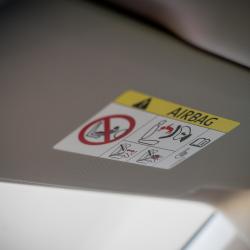How to Choose a Vehicle for Towing: What You Need to Consider
When selecting a vehicle for towing, whether it’s a boat, camper, or trailer, making the right choice is crucial for safety and efficiency. A suitable towing vehicle should provide enough power, stability, and control to handle both the load and the journey. Here are key considerations to help you make an informed decision.
1. Understand Your Towing Needs
Before diving into specifications, understand what you’ll be towing. Consider the weight and type of the load. This includes not only the current needs but also any future requirements you might foresee. Whether it's a small camper or a large boat, knowing the total weight is fundamental in choosing the right vehicle.
2. Towing Capacity and Payload
Towing capacity refers to the maximum weight a vehicle can tow, while payload includes the weight of passengers, cargo, and the tongue weight of the trailer. It’s essential to ensure that the combined weight of all these factors doesn’t exceed the vehicle’s limits as specified by the manufacturer. Look for vehicles with a towing capacity that comfortably covers your needs without maxing out its limits, to ensure longevity and performance.
3. Vehicle Type
Different vehicles offer varying towing capabilities. For example:
- Pickup Trucks: Often the preferred choice for heavy-duty towing due to their powerful engines and robust frames.
- SUVs: Many modern SUVs offer substantial towing capacities, making them suitable for medium to heavy towing.
- Vans: Particularly passenger and cargo vans can also offer sufficient towing power with the added benefit of extra passenger or storage space.
- Sedans/Hatchbacks: While typically not recommended for heavy towing, some models come with modest towing capacities suitable for lightweight trailers.
4. Engine and Transmission
A vehicle’s engine size and type significantly impact its towing ability. Diesel engines are often favored for towing due to their torque and fuel efficiency. However, gasoline engines with high horsepower can also be effective. It's crucial to pair the engine with a durable transmission system. Automatic transmissions with more gear ratios are generally preferred for towing, as they adjust fluidly to road and load conditions.
5. Braking System
Effective braking is essential when towing. Consider vehicles with integrated braking systems, such as trailer brake controllers that provide additional stopping power. Ensure the vehicle’s brakes are adequately rated for the added load, and don’t forget the importance of brake pads and rotors in maintaining towing safety.
6. Drivetrain and Stability Features
- Drivetrain: Vehicles with four-wheel or all-wheel drive options might be more reliable, especially if you plan to tow in off-road conditions or in varying weather.
- Stability Control: Look for vehicles equipped with features that enhance stability while towing, such as sway control and load-leveling suspension systems, which help maintain control.
7. Fuel Economy
Towing can drastically affect a vehicle’s fuel efficiency. It’s useful to consider how much fuel consumption will increase when towing. Diesel engines, as mentioned, often provide superior fuel efficiency, especially under load, compared to gasoline engines.
8. Hitching System and Tow Package
Ensure the vehicle includes or is compatible with the appropriate hitching system. Many vehicles offer factory-installed tow packages that include enhanced cooling systems, wiring harnesses, and suitable hitches for towing, which can improve performance and convenience.
9. Warranty and Reliability
Choose a vehicle from a manufacturer with a reputation for reliability, especially when used for towing. Check the warranty to see what coverage it offers for towing-related issues. A robust warranty can save you from expensive repairs over time.
10. Test Drive and Professional Advice
Finally, always test drive potential vehicles to gauge comfort and handling, particularly under towing conditions. Consulting with towing experts or vehicle dealers can also provide valuable insights tailored to your specific needs.
Choosing the right vehicle for towing is a multi-faceted decision that involves balancing power, reliability, safety, and cost-efficiency. By carefully evaluating these factors, you can ensure that your chosen vehicle meets your towing needs now and in the future, providing peace of mind and a smooth ride.





















